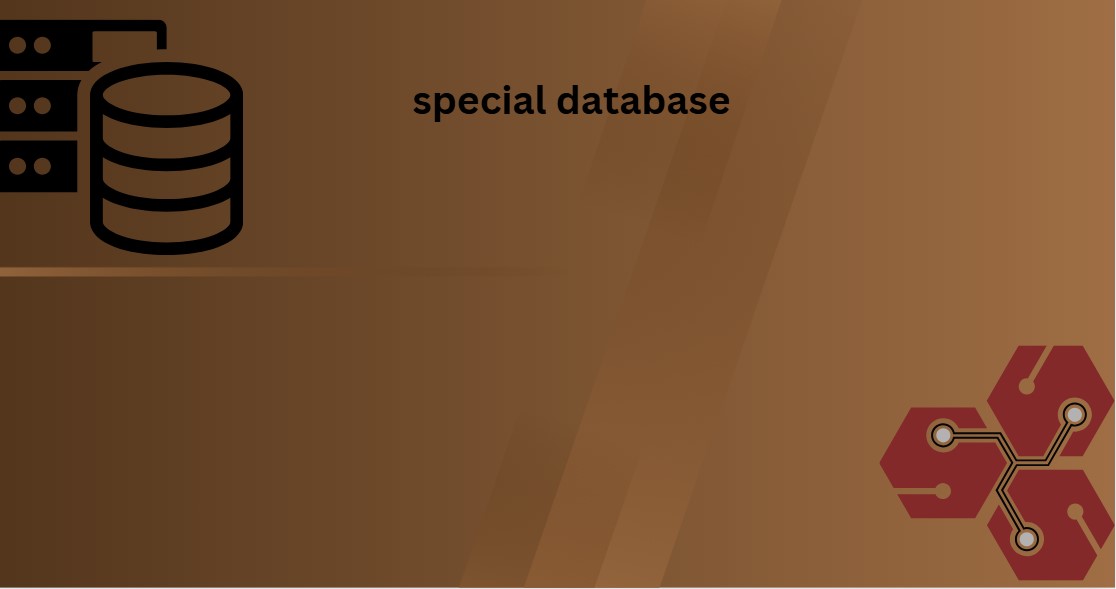Although the GDPR itself does not explicitly mandate special database the preparation of such a document, a personal data protection policy remains, in practice, one of the key means of meeting accountability requirements (Article 5, Section 2 of the GDPR). This document not only systematizes internal data processing procedures but also outlines lines of responsibility and enables efficient response to data breach incidents.
What is the function of a personal data protection policy ?
A personal data protection policy (or another document with a similar name on this subject) is an internal document of an organization that describes the standards it adopts for the processing, protection and management of personal data.
This document serves the purpose
informational – for employees and management staff,
evidentiary – in relations with supervisory authorities (PUODO),
operational – as a guide to procedures related to data protection.
The GDPR does not mandate the development of a "data protection policy." However, its absence makes it difficult to demonstrate compliance with the principles of accountability and minimizing the risk of breaches.
What should a personal data protection policy include?
There is no universal template – each policy must be tailored to the specific nature of a given entity's operations, its organizational structure, and the scope and purpose of data processing. Nevertheless, it is possible to identify a list of elements that should be included in every reliable policy.

Key elements:
Legal basis of the document: reference to the GDPR and the Personal Data Protection Act of 10 May 2018.
Glossary of terms: to facilitate the interpretation of internal regulations.
Description of the rules for granting, changing and withdrawing data processing authorizations, together with the procedure for signing a confidentiality declaration.
Description of the physical and technical security measures used: encryption, backup systems, access control, system monitoring.
List of data processing locations: server rooms, office spaces, external resources.
Description of the processing activity register and activity category register.
The scope of responsibility of individual persons for implementation, monitoring and reporting of irregularities.
The scope of the personal data protection policy may be limited to the necessary minimum, while detailed operational procedures may be implemented within the organisation in the form of separate annexes – for example, as a procedure for designing new data processing processes or a procedure for processing personal data in relations with external entities (e.g. suppliers).
Separating personal data protection issues between the main document (policy) and the detailed procedures that constitute its annexes can significantly increase the transparency of the documentation and facilitate its practical application by users. However, it is important to remember that each documentation should be tailored to the specific needs of the given organization – both in terms of the scope of data processed, as well as the organizational structure and operating model.
The personal data protection policy is an internal document and is not made available to third parties. However, it should be:
protected against unauthorized access
understandable to all persons involved in data processing,
compatible with other internal procedures (e.g. IT system management instructions, incident reporting procedure).
Who is responsible for implementing the data protection policy?
According to the GDPR, full responsibility for the compliance of personal data processing with the regulations rests with the Personal Data Controller (PDC) – i.e. the entity deciding on the purposes and means of data processing.
The implementation of the policy may be entrusted to:
specialized compliance or IT departments
external consulting entities.
The Data Protection Officer (DPO) plays a key role in the implementation of personal data protection policies. Pursuant to Article 38(1) of the GDPR, the DPO should be appropriately and promptly involved in all matters relating to personal data protection – particularly in the development and review of internal regulations.
As part of their duties, specified in Article 39 of the GDPR, the Data Protection Officer (DPO) serves as an advisor to the Personal Data Controller (DPO), including assessing the compliance of adopted policies and procedures with applicable law. The DPO may also recommend solutions to ensure the effective implementation of obligations arising from the GDPR, including conducting training, reviewing documentation, and participating in risk analyses and DPIAs.
The practical nature of politics
A good personal data protection policy should not be just a general statement. It should be a practical operational tool that:
contains references to all documents relating to data protection (e.g. DPIA procedures, information clauses, data protection agreements),
indicates the persons responsible for the implementation of duties (registers, audits, training, incident reports),
enables clear assignment of roles and responsibilities – so you can easily determine who is responsible for what task in the event of a breach.
Responsible persons should be assigned to tasks such as:
maintaining and updating registers (registers of processing activities, register of incidents, register of requests from data subjects),
conducting risk analyses and impact assessments (DPIA),
monitoring compliance with the GDPR,
implementation of post-audit recommendations,
organizing and conducting training,
handling data security breaches.
Why should every company have this document?
Lack of formal data protection policy
makes it difficult to demonstrate compliance with the GDPR,
increases the risk of irregularities and administrative sanctions,
causes inefficiency in responding to incidents and requests from data subjects,
deteriorates the company's image in the eyes of customers and contractors.
In turn, having an up-to-date and implemented policy:
builds a reputational advantage
protects the legal interests of the company,
improves the internal organization of data processing ,
reduces the risk of fines (up to EUR 20 million or 4% of annual turnover).
A personal data protection policy is more than just a document—it's a fundamental element of a GDPR compliance system . It enables risk management, ensures information security, and promotes transparency. Every administrator—regardless of industry—should consider its implementation an obligation and an investment in trust .